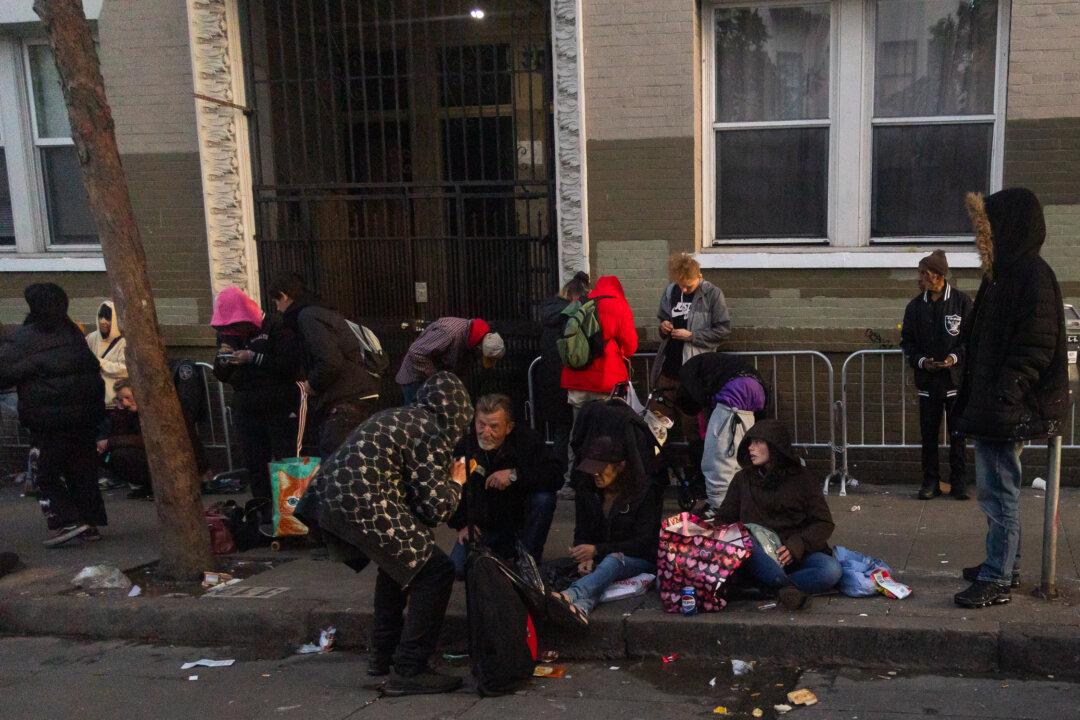Voters in San Francisco approved a measure on March 5 requiring some welfare recipients to take drug tests and enter treatment to receive cash payments, but some are wondering if the new law will be effective at curbing overdose deaths and addiction issues.
More than 58 percent of voters favored Proposition F—a measure introduced by Mayor London Breed—which orders single adults younger than 65 with no dependents and who receive assistance from San Francisco’s County Adult Assistance Program to submit to a drug screening if evaluators believe that they could be suffering from substance abuse disorders.





